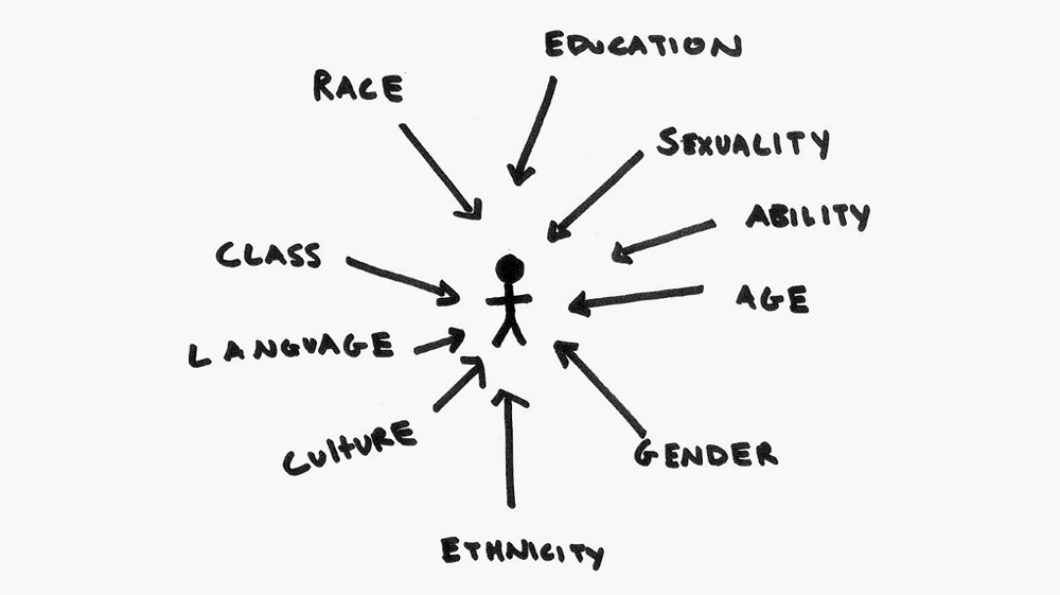Intersectionality is the idea that identities overlap and that one identity cannot be fully talked about or understood without addressing other identities. Intersectionality hopes to expand the first wave of feminism which mostly focused on white, middle to upper-class women. Many people of color and those with low socioeconomic status were left out of the movement and thought to be “too difficult” to advocate for. Today, by addressing intersectionality, civil rights activists are hoping to include all people.

While intersectionality is a powerful movement that is making many people feel included and progressing the civil rights movement, people with intellectual and developmental disabilities are still being left out of the piece. I know I was taught about racism, sexism, homophobia, transphobia, and xenophobia since I was in elementary school; but, it wasn’t until I was in high school when I first heard the term “ableism.” Ableism is the term used to describe the discrimination that people with both physical and intellectual and developmental disabilities face. Even the Google generated definition for intersectionality (“the interconnected nature of social categorizations such as race, class, and gender as they apply to a given individual or group”) leaves out the disabled.
While lawmakers and employers have made large strides in seeing people of color and the LGBT community as equals, people with disabilities are still seen as less of a human being and less valuable to society. When it comes to intersectionality today, there is still an underlying tone that people with disabilities are “too difficult” to advocate for. Few people include or even remember to think about the disability community when they talk about civil rights, and even when they are brought into the conversation, they are often talked for. Without getting to hear directly from the community, there is a gap in the needs of these people.
While the #MeToo movement circulated the globe and addressed crucial women’s issues and rights, many people with disabilities felt excluded. While the disability community faces many of the same prejudices as women and gender non-conforming people, and face extremely high rates of sexual abuse and harassment, their voices were rarely heard or recognized in the movement. In the intellectual and developmental disability community, sexual assault happens at 7x the rate of neurotypicals. When I worked in a special education class at my high school, we were constantly having explicit conversations about consent, and rehashing points about control over your body and how to report when something bad happens.
Not only does the disability community feel left out from the feminist movement, but also from race and gender identity conversations. When one of my friends with a developmental disability started talking about how they were unsure of their gender identity and felt like they may want to transition, many people belittled them and assumed that they weren’t fully capable of understanding their identity.
While intersectionality is a crucial step towards full civil rights for everyone, we need to make sure that people with disabilities are being included and that they get to share their voice.
Wow. I have never heard of intersectionality or ableism, which clearly demonstrates ignorance on my part. But this also demonstrates a national-scale problem. If I haven’t heard of these words before, and I have heard quite a bit about modern feminism and the Me Too Movement, it means that people with disabilities are not advocated for nearly enough in popular media. I think that it is extremely heartbreaking, but true, that people often want to speak for those with disabilities, rather than letting them speak for themselves. I am so glad that your high school’s special education class taught students how to be empowered and advocate for themselves, and I hope that we as a nation can all come around to that style of thinking soon!